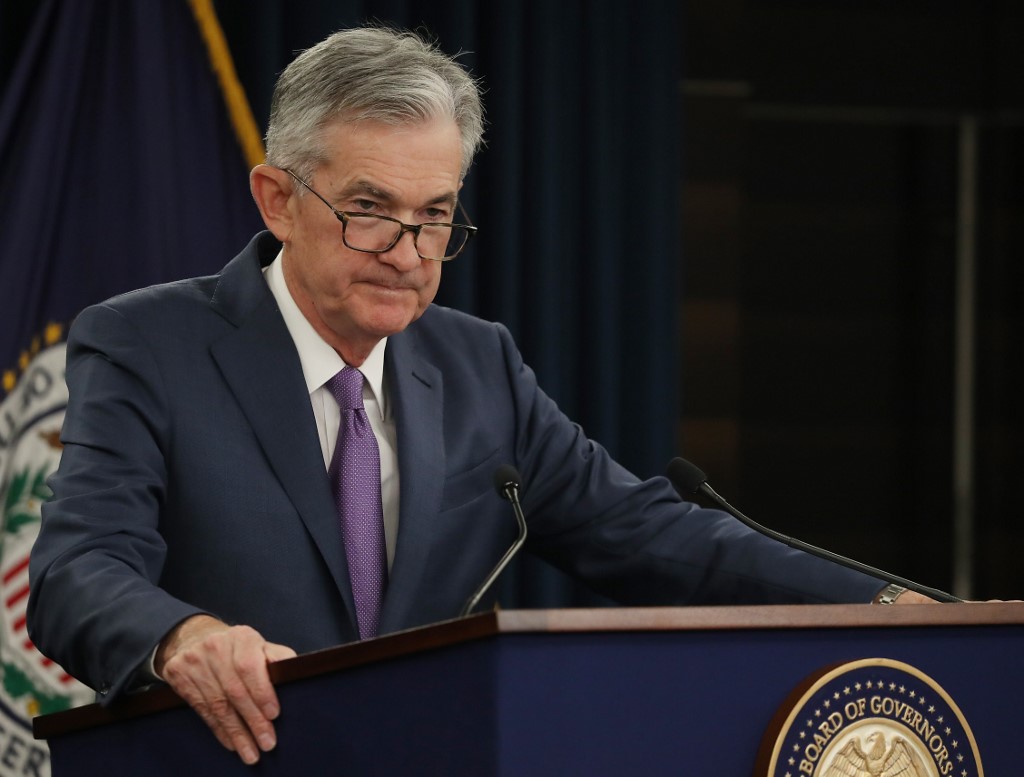(ATF) The surge in bond yields across the world has hammered equity valuations and risks cutting off credit to those who need it most in a nascent economic recovery.
While some central banks have already acted to contain the fallout, more could follow as the economic rebound faces roadblocks in the form of vaccine rollout hurdles and virus mutations.
After the Reserve Bank of Australia made an unscheduled bond buyback last week to staunch the bleeding, some members of the European Central Bank (ECB) Governing Council are already suggesting that the ECB could increase the size of its asset purchase to stem the tightening in financial conditions.
“Central banks should stop talking and should put their money where their mouth is,” a Hong Kong-based research head said. He requested anonymity as he is not authorised to speak to the media.
And although 10-year yields have eased from the one-year peak of 1.614% struck last week, there is still nervousness about whether central banks are behind the curve in raising interest rates.
“The Fed will have to change its language as policy rates are inappropriate given where nominal growth will be – most forecast for growth to be 4% and with above trend 3% in subsequent years, anchoring 10-year yields at 1.40% is not appropriate,” Gary Dugan, CEO at Purple Asset Management, said.
The correlation between equities and bonds tells us why bond yields fluctuate and not just the direction in which they are headed. When valuing equities, the risk-free rate is used as the denominator, and therefore when the risk-free rate goes up or down it moves the numerator – ie, the cash flows that investors receive from equities.
“Equities had rallied on low bond yields. The low rates are increasing the present value of future cash flows and helping the tech sector in particular,” Rajeev de Mello, managing director at Deep Learning Investments, said.
What had initially started as a sell-off in the technology sector, where companies tend to have high price-earnings multiples, has now spread to other sectors as well, even those with steady earnings prospects.
Inflation fears
Inflation fears have gripped markets as long duration assets – which thrive in an ultra-low interest rate environment drawing comfort from a central bank “put” – were dumped.
“There is a growing sense that the Fed and other policy-makers have unleashed too much stimulus,” Sean Darby, Jefferies global equities strategist, said.
“The trio of pent-up demand, record-low inventories and explosive income growth, via government transfers, is likely to close the US output gap much quicker than anticipated, putting the Fed in the awkward position of having to lift its GDP, inflation and perhaps Fed rate forecasts. Indeed, the vaccine rollout will unleash pent-up demand for high contact services at a time when the manufacturing sector starts spending on capex.”
And it is in this backdrop the Federal Reserve Chair Jerome Powell’s speech will be closely monitored. Although it is doubtful he will signal near-term policy action in response to the US Treasury volatility, there is an argument for a Fed policy response if the rising long-term yields pose a threat to the recovery.
The situation is not as extreme to justify moves like extending the duration of US Treasury purchases or conducting another Operation Twist, but markets are keen to see some action rather than mere words.
“While there were expectations of yield curve control, Powell’s silence and reluctance to cap interest rates is also alarming. Higher food and commodity prices, chip shortages and other anecdotal evidence suggests inflation is on its way up and central banks could be behind the curve in raising interest rates,” Rajeev de Mello said.
The 5-year TIPS break-even inflation rate – the difference between the 5-year nominal US Treasury yield and the 5-year TIPS yield – is a measure of the market’s expectation for CPI inflation over the next five years.
Earlier this week, it rose above 2.5% – the highest level since 2008 – and with a hefty fiscal stimulus on the way the bond market inflation fear may not have peaked just as yet.
And the spike has already had a rippling effect on Asian fixed income markets forcing the Reserve Bank of Australia to make two unscheduled bond purchases last Friday and Monday. It also reiterated its pledge not to raise rates through to 2023.
“Central banks like the RBA and ECB have a lot of room so they have the flexibility to use their balance sheet. The Fed doesn’t need to do anything about monetary policy except keep volatility out as fiscal policy will do the rest. But if they set policy at the wrong level, they risk making a policy mistake and this misstep could trigger a recession,” Dugan said.
























